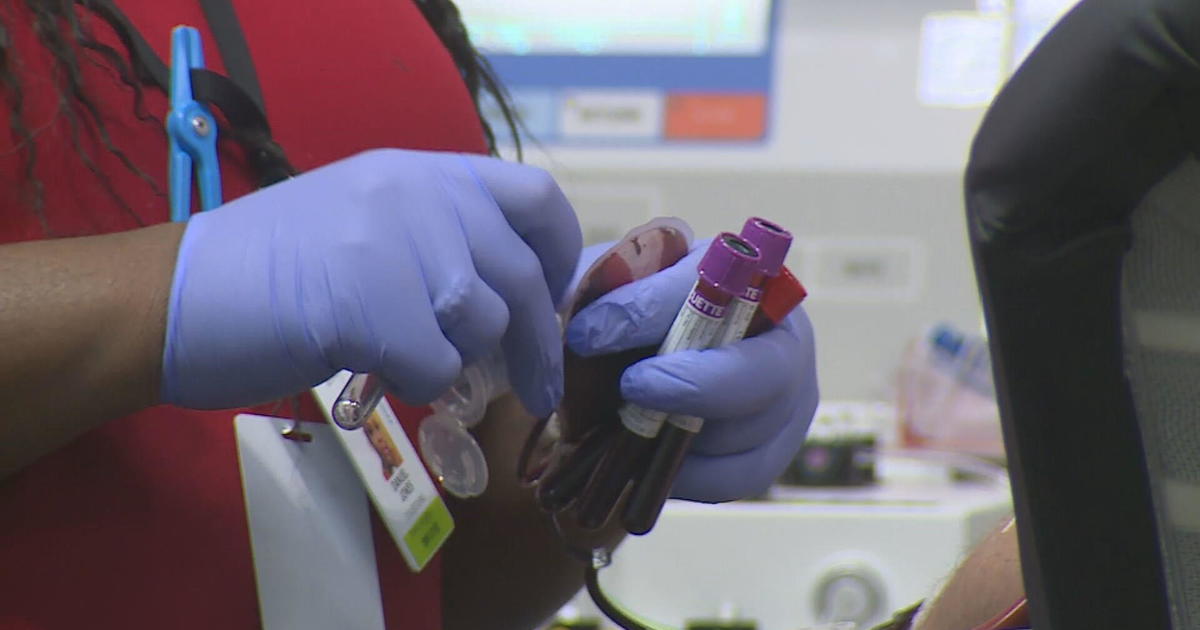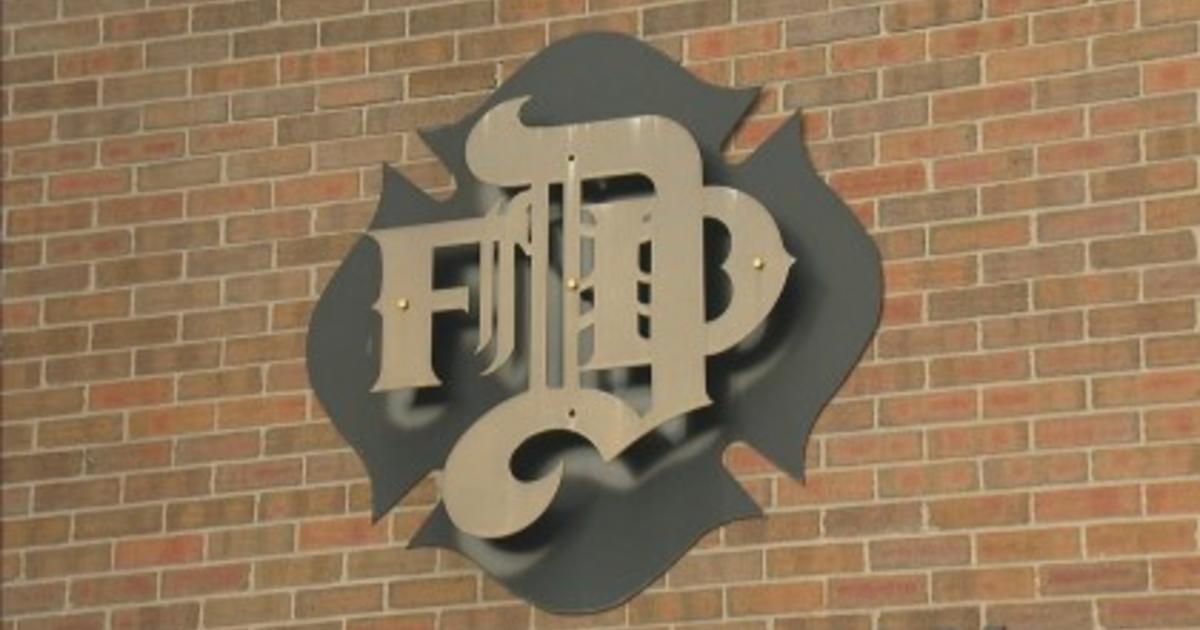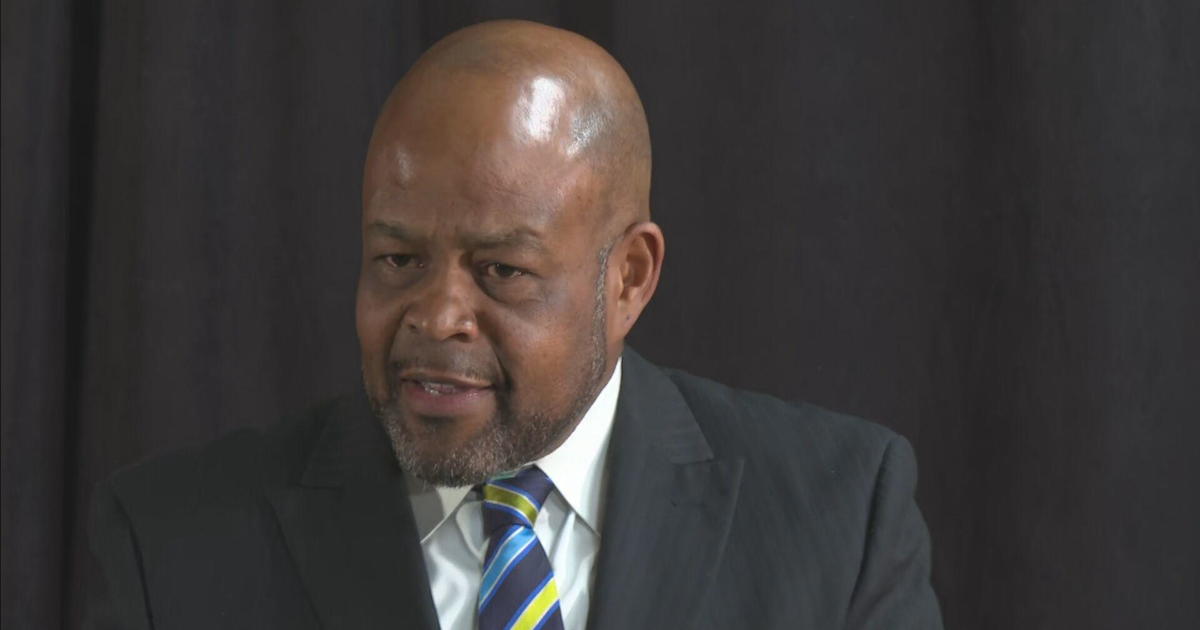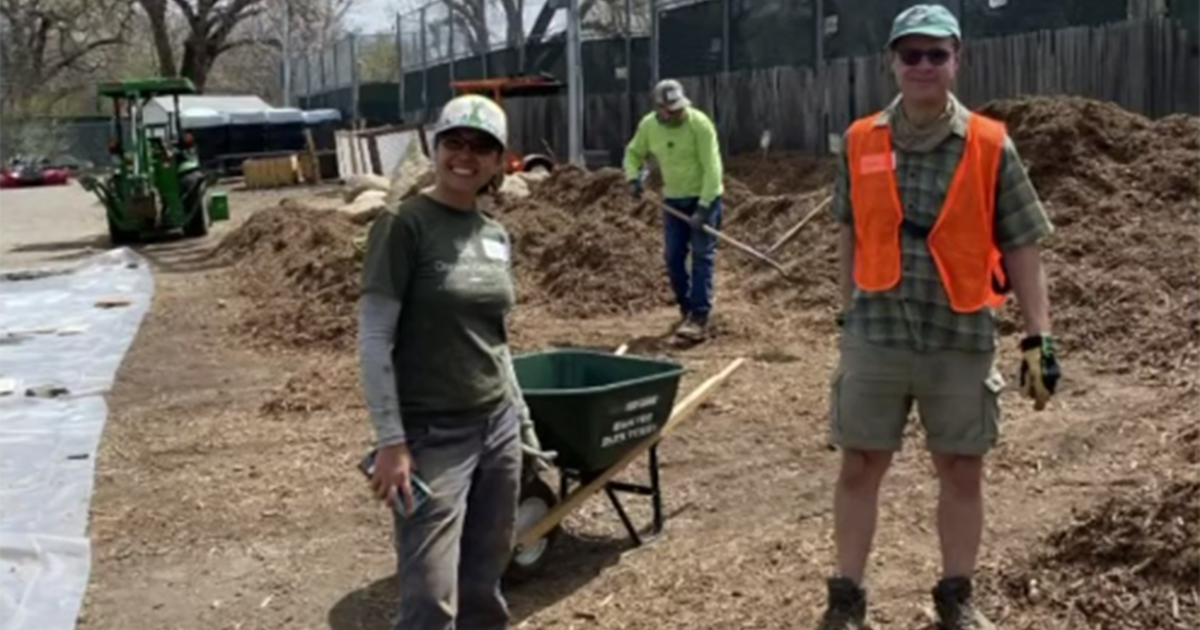Coronavirus Update: Denver Mayor Michael Hancock Declares Local State Of Emergency
DENVER (CBS4)- Denver Mayor Michael Hancock declared a state of emergency for the City and County of Denver in response to coronavirus. The declaration will help make additional emergency services available, if needed.
The declaration also gives the city greater flexibility to procure needed resources. The emergency order will be in place for seven days, through March 19.
Hancock also encouraged people to avoid large gatherings to protect public health and safety and also help prevent the spread of COVID-19.
There are 48 confirmed cases of coronavirus in Colorado as of Thursday afternoon. Nine of those are in Denver. An additional 22 have been quarantined. They are not symptomatic.
RELATED: Coronavirus Closings: List Of Colorado Events Being Canceled Or Postponed
Additional information from Denver Department of Public Health and Environment:
Residents of Denver need to remember:
- Wash your hands often with soap and water for at least 20 seconds; Use an alcohol-based hand sanitizer that contains at least 60% alcohol if soap and water are not available.
- Avoid touching your eyes, nose, and mouth with unwashed hands.
- Stay home when you are sick.
- Cover your cough or sneeze with a tissue, then throw the tissue in the trash.
- Clean and disinfect frequently touched objects and surfaces.
- Avoid close contact with people who are sick.
If you are feeling ill with symptoms similar to those associated with COVID-19:
- Manage your symptoms at home the same way you manage other cold symptoms. We want to reduce the risk of transmission, so to the extent possible, people with flu-like symptoms should remain at home.
- If you need medical care, contact your primary care provider and schedule a visit. Let them know that you are concerned you might have COVID-19.
- Only contact 911 for emergencies requiring immediate life-saving care and let them know if you are concerned you might have COVID-19.
- Restrict visits to the hospital emergency room or urgent care - only individuals needing immediate care should visit these facilities. If you must visit an ER or urgent care facility, call ahead and let them know that you are concerned you might have COVID-19.
CDC's testing guidance includes three types of people:
- Those who have symptoms such as fever OR lower respiratory symptoms (cough or shortness of breath) and have had "close contact" with a confirmed coronavirus patient within 14 days of their first symptoms.
- Those who have fever AND/OR lower respiratory symptoms, require hospitalization, and have traveled to areas impacted by the epidemic in the last 14 days.
- Patients with fever and severe, acute lower respiratory symptoms who require hospitalization, and for whom no other diagnosis has been found — such as the flu. No travel or contact exposure is needed.
In addition to declaring a state of emergency, which will allow the city to access needed funding streams and resources, the City and County of Denver is working on many different levels to ensure public health and safety measures are in place to help curb the potential spread of COVID-19.
People Experiencing Homelessness
The city is working closely with service providers serving people experiencing homelessness, including overnight shelters, day shelters, harm reduction centers, street outreach programs, charitable groups, and others. DDPHE has begun site visits of sheltering facilities to consult and assist with a resourceful response to any potential spread of COVID-19.
Additionally, DDPHE and Denver's Department of Housing Stability are holding regular consultative meetings with providers, providing information and resources while gathering information to better understand their needs. Denver is supporting service providers in sourcing hand sanitizer, appropriate cleaning and disinfection tools, and other resources.
DDPHE is working to get extra portable hand washing stations in public locations where access is challenging. Additionally, maps of available daytime and 24/7 public restrooms and hand washing facilities in the downtown core area are being updated.
DDPHE is also equipping the city's Wellness Winnie and other mobile service providers with information, referrals for services/medical treatment, and personal hygiene tools.
Food Facilities
Public health investigators are visiting all Denver food facilities (3000+), prioritizing facilities with onsite food handling and/or onsite consumption, and those with highest likelihood of customer/environmental surface contact, including buffets. Visits involve delivering signage that is required to be posted at facility entrances and restrooms, and reminding customers about the importance of washing their hands and not dining out when having symptoms of respiratory illness. Investigators will also provide guidance on restricting ill food handlers and frequently disinfecting high-touch environmental surfaces.
Food trucks will receive this information, although they are lower priority due to the fact there is little touching of surfaces by customers during their transaction.
Hospitals and Other Medical Facilities
Hospitals and clinicians are receiving frequent messages from Denver Health, DDPHE and CDPHE with updated guidance whenever applicable using the Health Action Network (HAN), which is a method of sharing information about urgent public health incidents with local partners. The HAN provides a robust interoperable platform for the rapid distribution of public health information.
Medical facilities already have disease response plans required under their accreditation and state/federal regulations and are putting control measures in place to prevent the spread of contagious illness like flu and COVID-19.
Denver Public Schools and Child Care Facilities
Denver Public Schools (DPS) already has solid protocols and guidance in place for managing illness. DDPHE worked with DPS to issue a letter to all families in February and will continue to provide updates when new information is available. If illnesses occur, DDPHE and Denver Health will work closely to investigate and put controls in place at any impacted facilities. DDPHE plans to start visiting all schools this week, prioritizing the largest schools first.
DDPHE is working with the Colorado Department of Human Services (CDHS) on outreach to child care facilities.
Shared Living Facilities for Older Adults
DDPHE will begin phone consultations with facility management of shared living facilities for older adults, including retirement communities, assisted living communities, boarding homes, and long-term care facilities. Site visits are being avoided in order to reduce the risk that extra visitors bring to residents. DDPHE is distributing signage and educational information via email along with orders that include: screening of visitors, limiting visitors, and increased monitoring of residents' and staff health.
Businesses
Denver is working collaboratively with state and federal agencies, as well as local partners, on a plan to support businesses affected by COVID-19.
Current Closures in Denver
Mayor Michael B. Hancock has directed the postponement of optional city government-sponsored public meetings and to determine where online services might be preferable to in-person service. Current meeting/event postponements can be found at https://www.denvergov.org/content/denvergov/en/environmental-health/news/coronavirus-info/cancelled-events.html.
Denver has expanded the staffing of its Emergency Operations Center from a partial activation to a full activation beginning today. The center will remain staffed on weekdays from 9 a.m. to 4 p.m.
For more information on Denver's response to COVID-19, protection and prevention, please visit our website.



